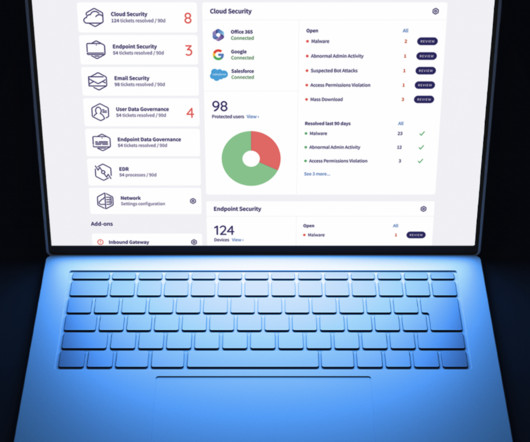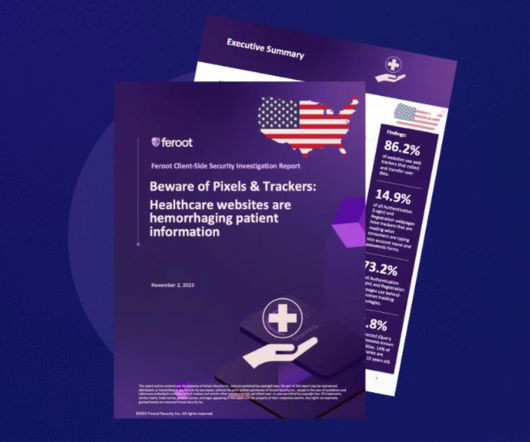"Logout XSRF" - significant web app bug?
Scary Beasts Security
JANUARY 9, 2010
[Or "Logout CSRF" for search indexes; I seem to be addicted to the less common acronym ;-)] Significant? No, of course not. It is a technical integrity violation inflicted upon good.com by evil.com. That's not ideal, and could be an annoyance. But there are some other interesting technicalities that can make it futile to defend against. They include: Cookie forcing.























Let's personalize your content